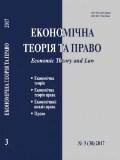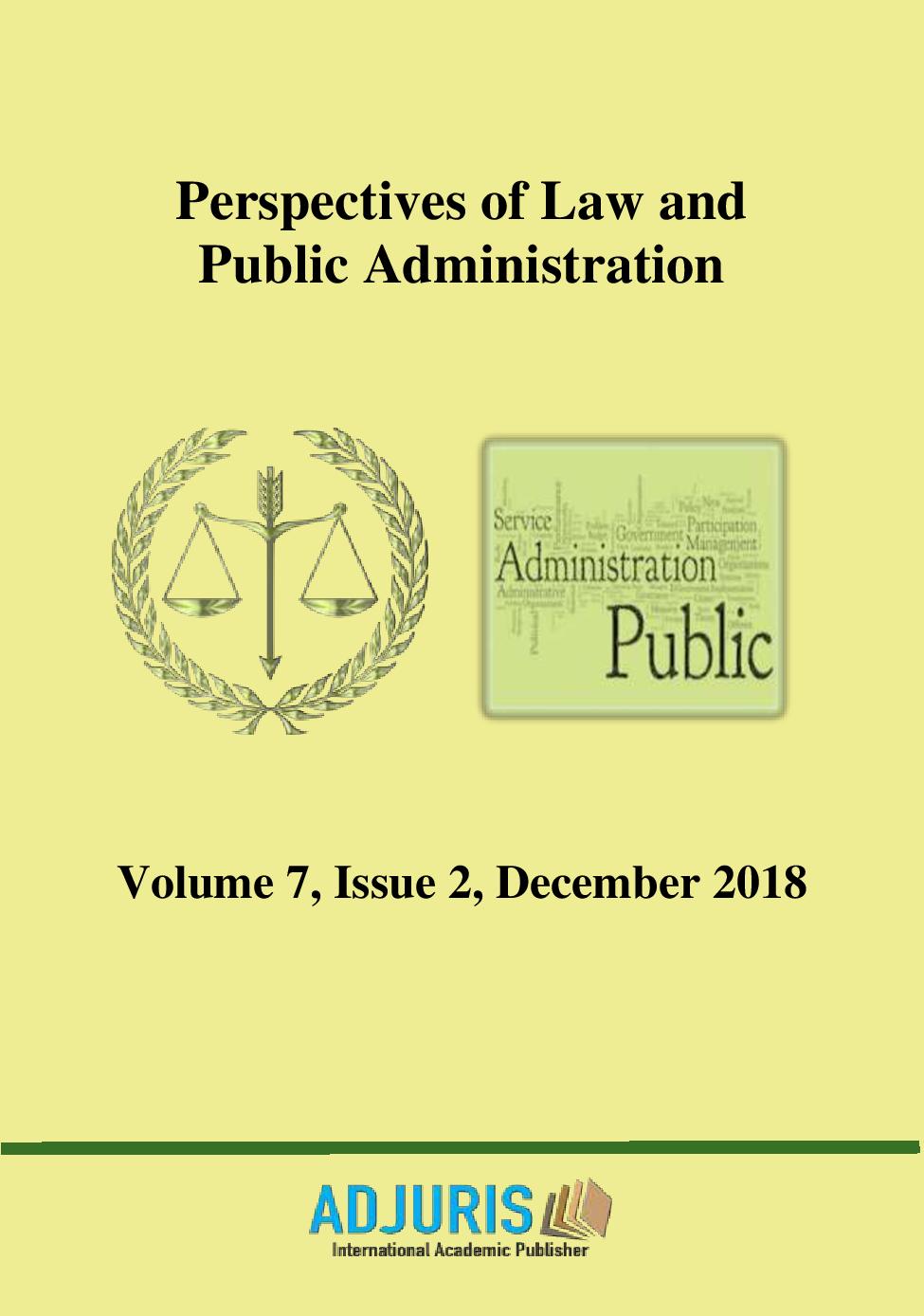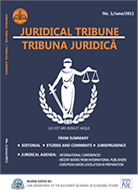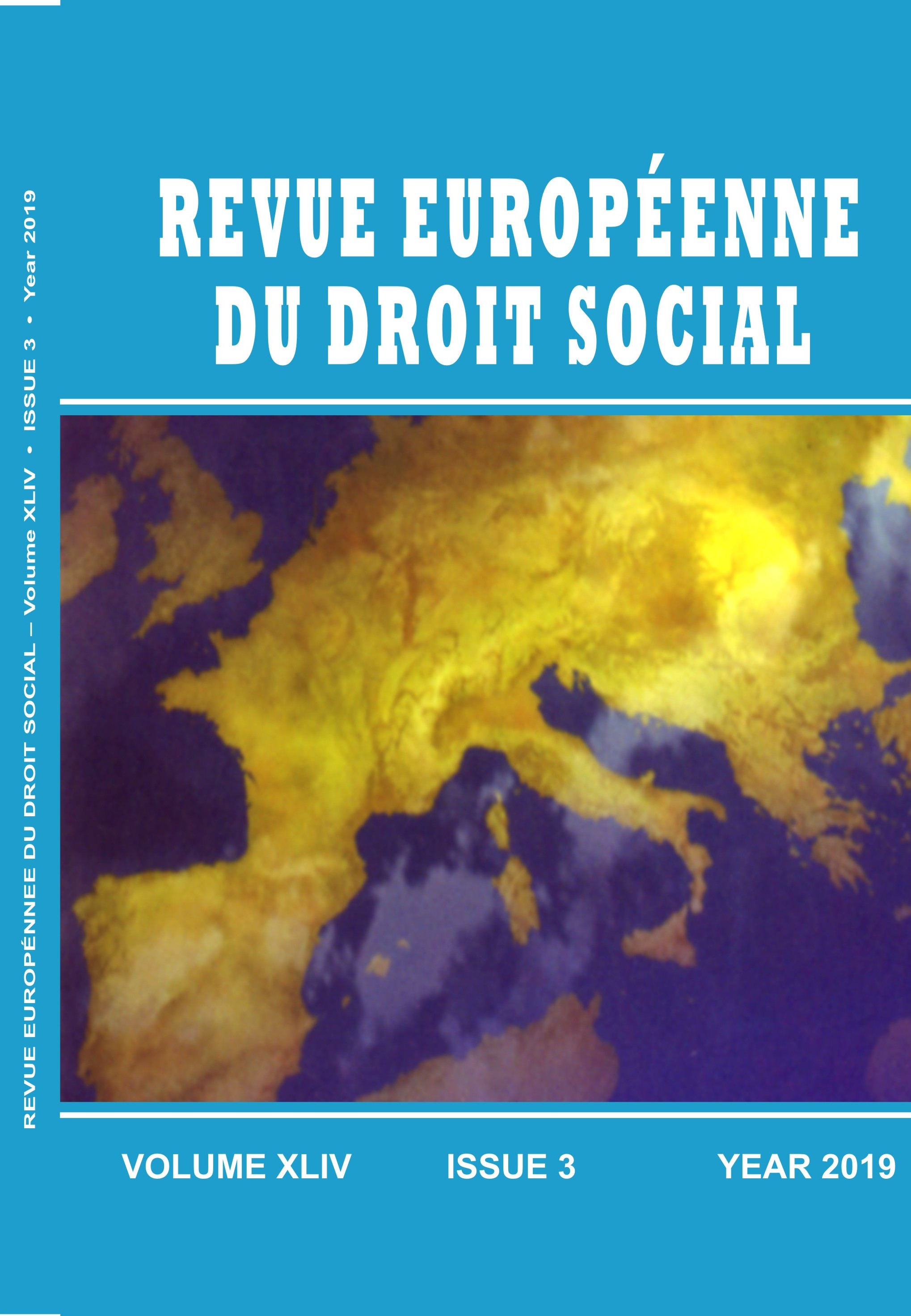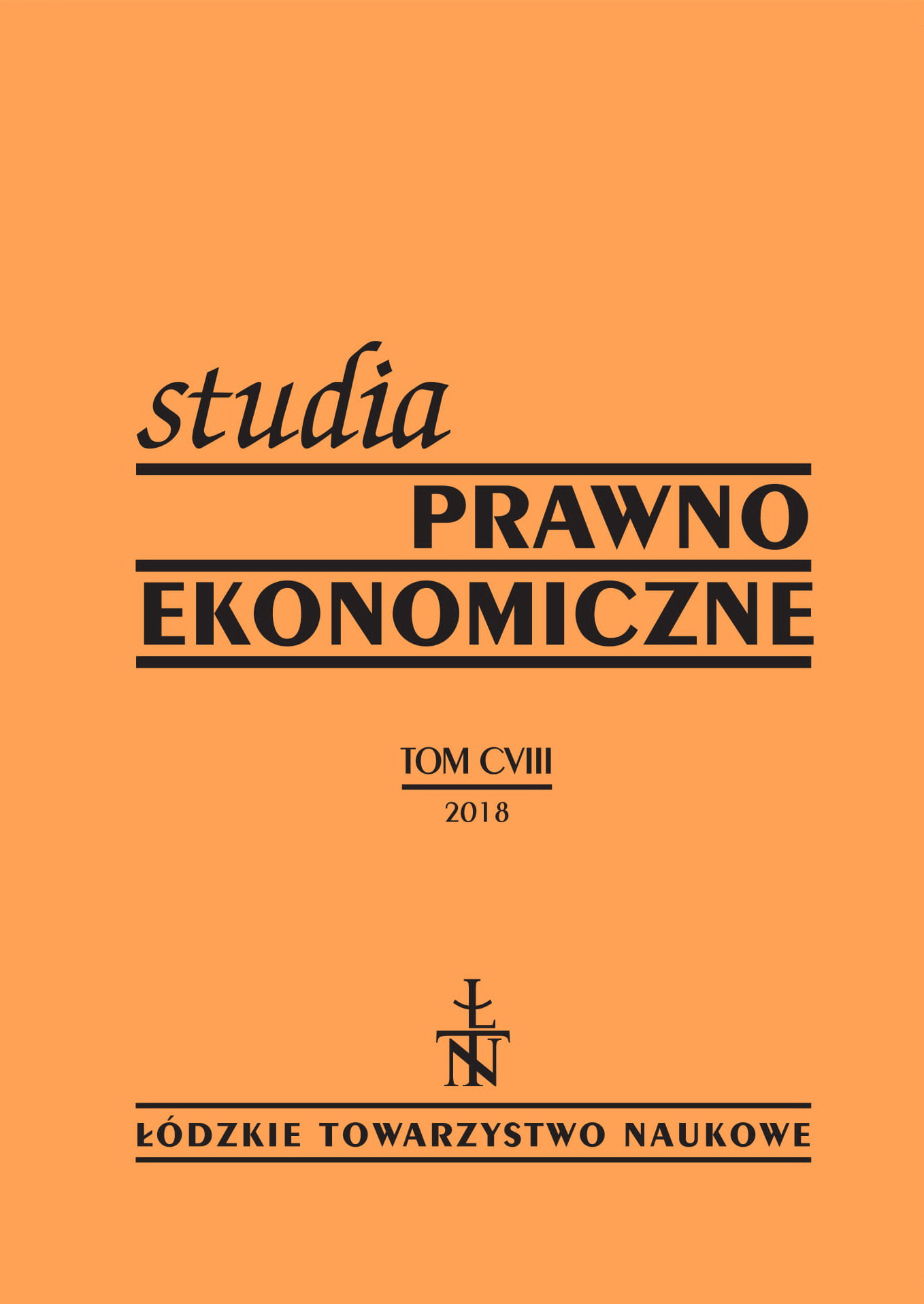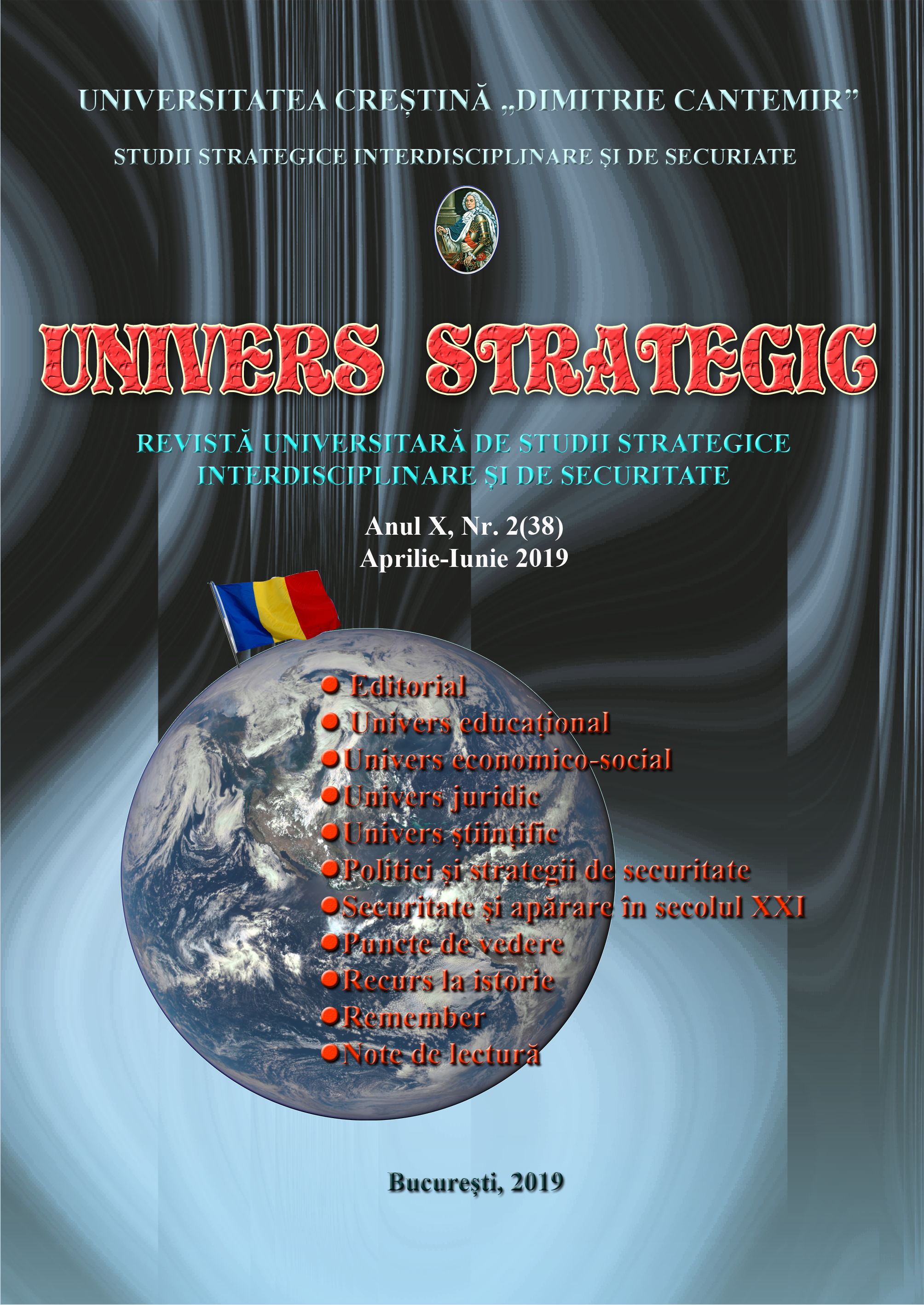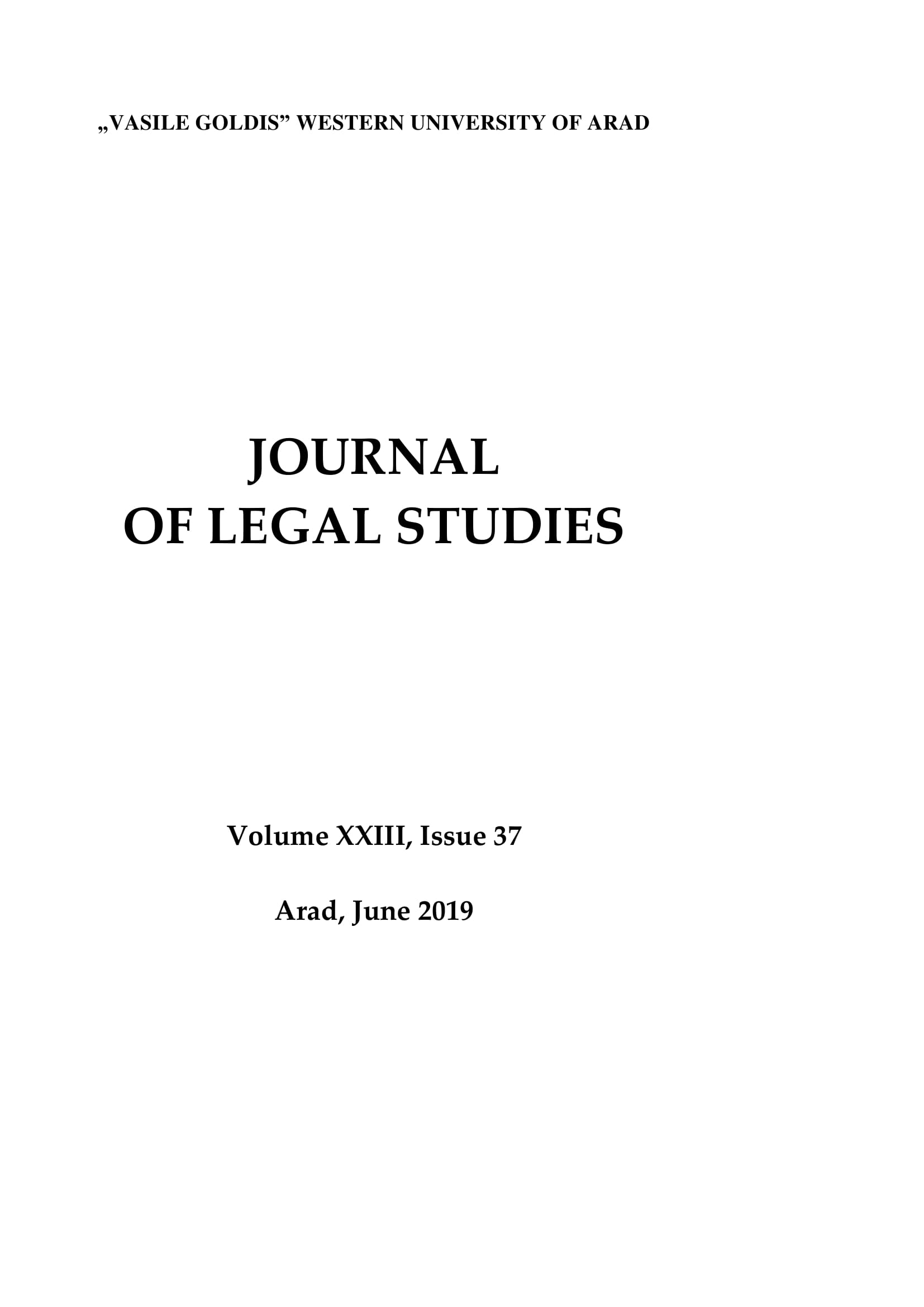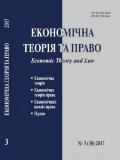
Верховенство права і економіка: пошук взаємозв’язків
The article considers aspects of the correlation between the economy and rule of law. In numerous scientific papers, the rule of law is related to economic development whereas absence of the rule of law is concerned with stagnation and the decline. Many scientists measure the rule of law, using economic as well as economic and legal indicators (property right protection, the influence of corruption on business, costs of a business related to illicit activity, etc.). Simultaneously, there is no general conception for such views, namely understanding the correlation of the law and economy. Particularly, this conception does not take into account peculiarities of countries, where economic development is accompanied by violation of requirements, which are traditionally related to the rule of law. Resent research and publications analysis. It is worth mentioning that Т. Allan, Т. Bingham, D. Vovk, J. W aldron, P. Gowder, М. Koziubra, М. Krygier, D. Luchenko, S. Maksymov, О. Petryshyn, S. Pohrebniak, and B. Tamanaha have significantly contributed to research of the issue considered in this article. In addition, the author has taken notice of scientific papers written by H. Beckerа, F. Hayek, О. Hrytsenko, R. Ellickson, М. Olson, and R. Posner. These scientists conduct an economic analysis of law and the rule of law. Paper objective. The article aims at examining the economic essence of the conception of the rule of law, particularly in the context of application of economic indicators in measurement of the rule of law. The author considers three groups of questions: (1) does conventional understanding the rule of law as restriction of the state power and guaranteeing human rights meet requirements of studying relations between the rule of law and economy?; (2) should measurement of the rule of law also encompass the non-governmental power, particularly the influence of activities of transnational corporations?; (3) do indicators of market economy development become components of the notion and, correspondingly, measurement of the rule of law? Paper main body. In the main body of the article, the author researches normative understanding the rule of law (being conventional for jurisprudence and political science) as the state of a country, which restrict arbitrary exercise of power by the state and ensures human rights, in the context of needs of economic research and measurement of the rule of law. The author proves that the rule of law should encompass institutions restricting the power of influential non-governmental agencies, particularly bearers of economic power. The author proposes own view of a relationship between the rule of law and economic development as interrelated but not equivalent phenomena and processes. The author analyses the Washington Consensus School in the context of expediency of applying its recommendations on enhancing the state of the economy of developing countries for measurement of the rule of law. Conclusions of the research. There are some conclusions of the article. Firstly, in order to research relationships between the economy and rule of law, the latter should be defined as technology of restriction of the government and, in some cases, non-governmental power. Secondly, there are vertical (restriction of arbitrary exercise of power by the state) and horizontal (restriction of influential bearers of the non-governmental power, particularly business) dimensions of the rule of law. Thirdly, relationships between the rule of law and economic development require further empirical research. Nevertheless, researchers should not use indicators related to market economy development (namely those suggested by the Washington Consensus) because they are irrelevant.The author considers issues of the correlation between the rule of law and economy. The article researches normative understanding the rule of law (being conventional for jurisprudence and political science) as the state of a country, which restrict arbitrary exercise of power by the state and ensures human rights, in the context of needs of economic research and measurement of the rule of law. The author proves that the rule of law should encompass institutions restricting the power of influential non-governmental agencies, particularly bearers of economic power. To accomplish aims of the article, the author indicates vertical and horizontal dimensions of the rule of law. The author proposes own view of a relationship between the rule of law and economic development as interrelated but not equivalent phenomena and processes. In addition, the author emphasizes that attempts oriented towards inclusion of mechanisms of market economy development into the conception of the rule of law (e.g. the Washington Consensus) are unsubstantiated.
More...
